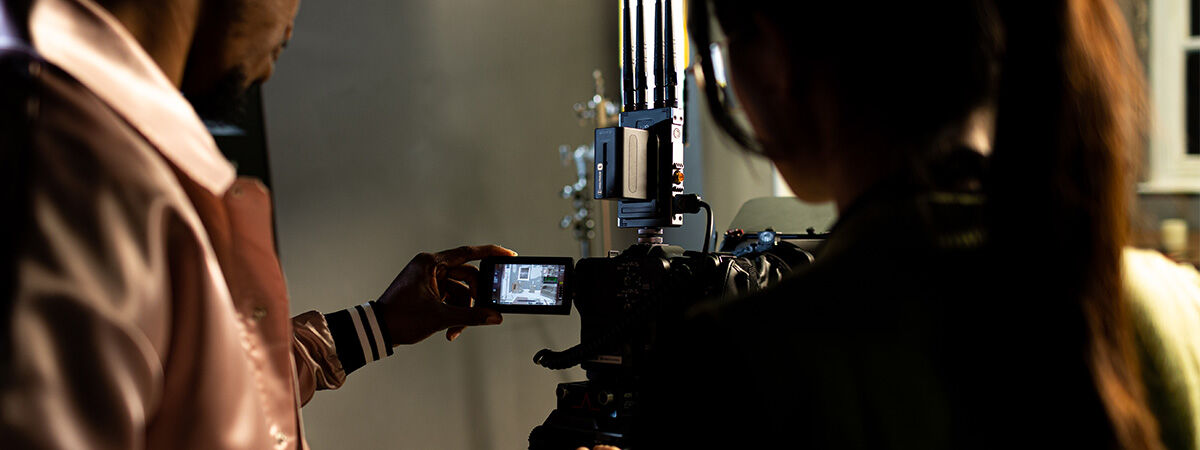
Project Aims
This project centres on the intersection between video online distribution (VOD) and the representation of South Asian identities. It brings together an interdisciplinary group of scholars, filmmakers and programmers from Britain, Europe and across South Asia.
By bringing together filmmakers from different South Asian countries and scholars, and combining theoretical approaches with the experience of creative industry professionals, this network will enable research that explores how VODs' operation (distribution, commissioning and production) is shaping ideas of South Asian identity and regional relations. It will be the first network to research VODs' operation from this methodological and geographic perspective.
Research background
Professor Valentina Vitali, film historian and Professor in Digital Arts at Birmingham City University, has been exploring Pakistani and Indian TV series directed by or about women.
There has been a surge of women-centred content in South Asia, both series and films, which circulate globally through streaming platforms. The quality of this content is very high.
After examining a wide range of series, Professor Vitali concludes that, “many Indian and Pakistani series available on streaming platforms focus on women as they do ‘extraordinary’ things. We see women police officers and detectives, high profile journalists, riding a motorbike, or training in boxing and martial arts.”
“But as the camera tends to focus on the women as they do these ‘extraordinary’ things, it often cannot simultaneously convey the women’s point of view. The priority remains showing the women rather than showing viewers things through the women’s eyes. In other words, we are still confronted with what film theorist Laura Mulvey famously called women’s ‘to-be-looked-at-ness’.”
“This is not unique to Indian or Pakistani series and films. Mulvey first wrote about this in the 1970s, but ‘to-be-looked-at-ness’ remains the default mode for women in mainstream cinema all over the world.”
One of the exceptions is Qatil Haseenaon ke Naam / Ode to Femmes Fatales, a series by Meenu Gaur and Farjad Nabi, set in Lahore, Pakistan. The story focuses on women who have been wronged, marginalised, and forgotten, and who decide to seek revenge. It is a very interesting Indo-Pakistani ‘noir’, a genre rarely given to a woman filmmaker to direct in any film industry.
Professor Vitali says: “With this transformative piece of filmmaking, Meenu Gaur proves it’s not only possible to find producers willing to finance content portraying women’s point of view. She shows that a women-centred perspective can be empowering, funny, captivating, and binge-worthy.”
Professor Vitali advises film enthusiasts to exercise their power of choice as viewers. “We have a responsibility to find platforms that show content embracing and foregrounding women’s perspectives. We must not allow algorithms to decide for us and feed us more of the same.”
“Small platforms can’t compete with the advertising might and algorithmic leverage of global corporate players like Amazon Prime or Netflix. It’s up to us to decide where to invest our time.”
Funder:
This research is funded by the Arts and Humanities Research Council